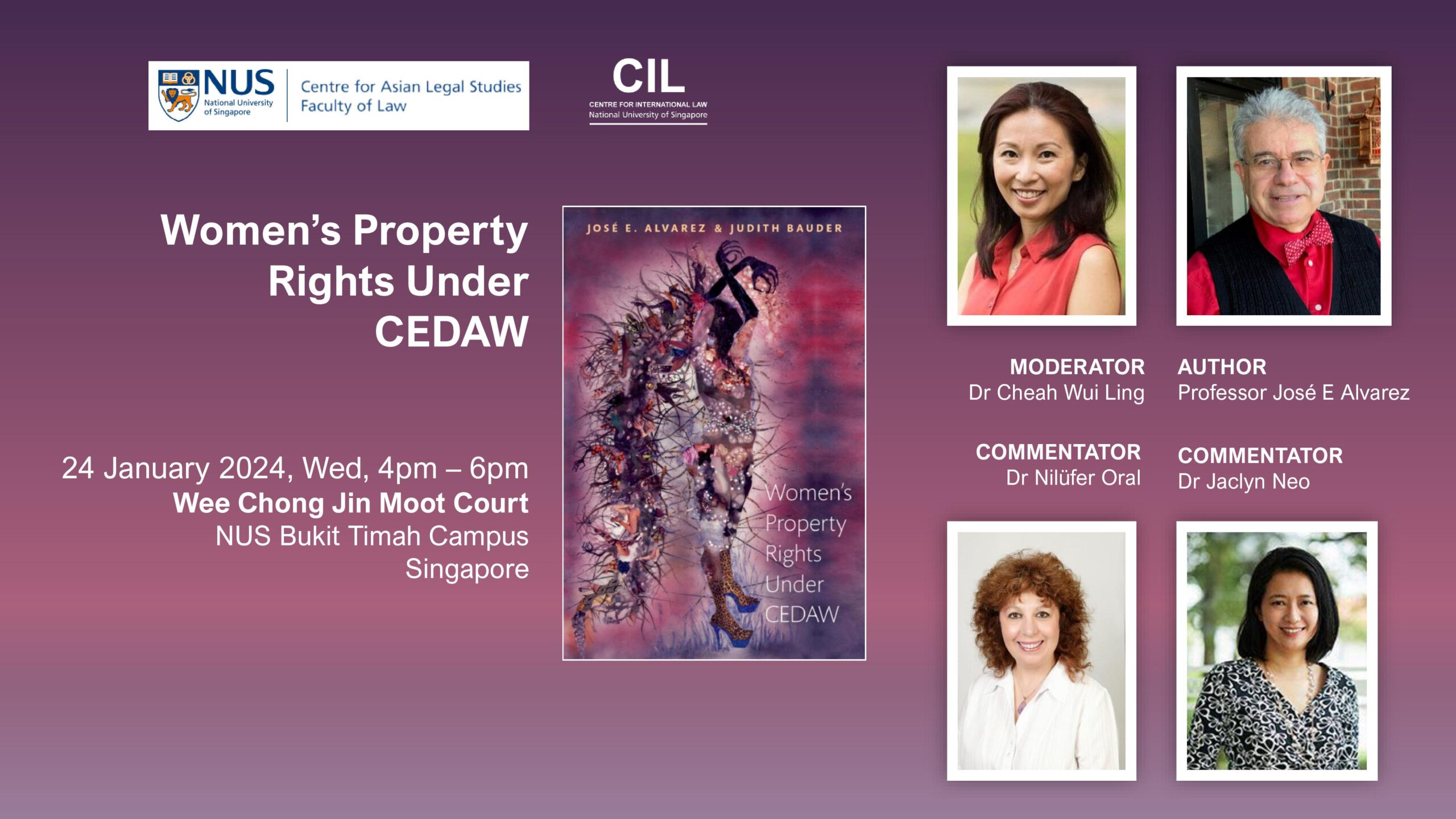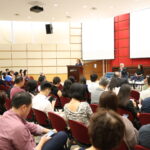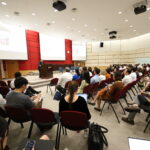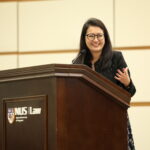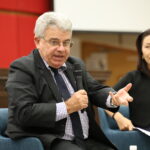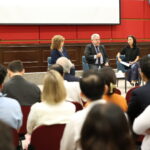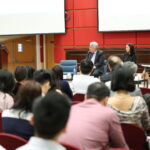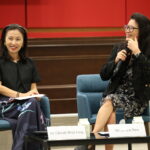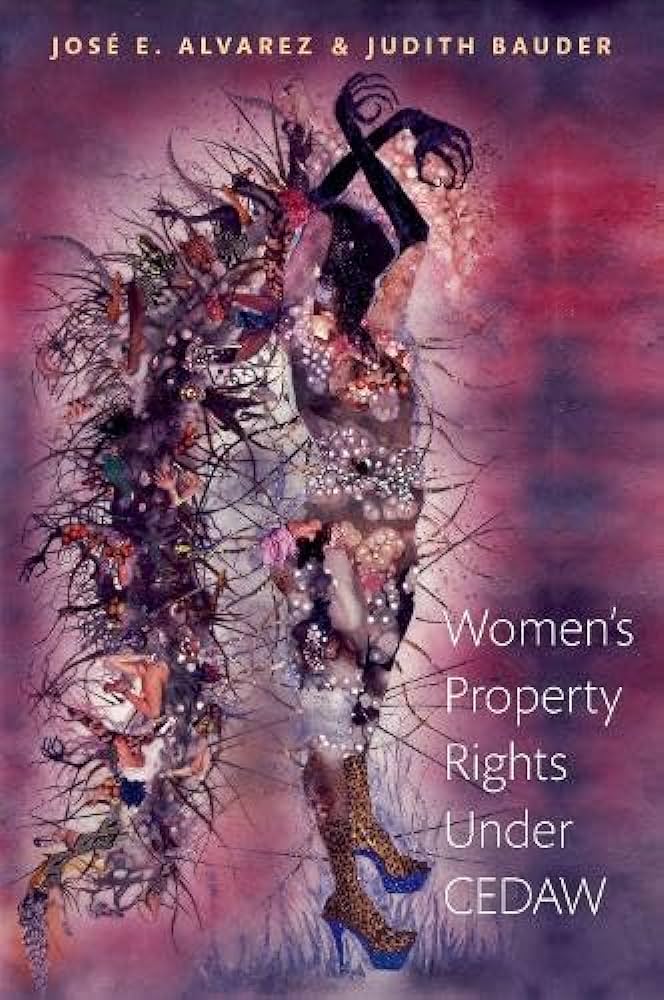Venue
Start
End
Time
Click Women’s Property Rights Under CEDAW to download the presentation slides (pdf format).
PROGRAMME
3.30pm Registration
4.00pm Welcome and Introduction by Dr Cheah Wui Ling (Moderator)
4.10pm Presentation by Professor José E Alvarez
4.45pm Commentators: Dr Nilüfer Oral & Dr Jaclyn Neo
5.15pm Panel discussion: Professor José E Alvarez, Dr Nilüfer Oral, & Dr Jaclyn Neo
6.00pm End of Seminar
About the Book
The gender gap with respect to wealth and property is a chasm. For over 40 years, the leading international treaty body on women's rights, the Committee on the Elimination of All Forms of Discrimination Against Women (the CEDAW Committee), has been generating jurisprudence interpreting CEDAW's obligations that states protect the equal rights of women in relationships; family rights, including inheritance; rights to land, adequate housing, financial credit, social benefits, intellectual property, and other economic rights dependent on equal access to justice.
This book uses the CEDAW Committee's own texts: its General Recommendations, Views in response to communications, Concluding Observations in response to State reports, and Reports on Inquiries. The book finds that CEDAW's vision of what it means for women to have equal rights to property is dramatically different from what many scholars consider to be the leading source of "the international law of property," namely the case law generated on behalf of foreign investors' property under the international investment regime. CEDAW's vision is also more far-reaching and nuanced than the gender equality approaches followed by international financial institutions like the World Bank, whose gender equality rhetoric exceeds its actual on-the-ground development efforts.
While CEDAW's property rights converge with those protected under other international human rights regimes, they remain unique in addressing the underlying patriarchal structures, stereotypes, and forms of intersectional discrimination that have undermined the fundamental rights of women and girls and led to their continued impoverishment all around the world. This book concludes that CEDAW's re-engendering of property--although a flawed and evolving work in progress--has the potential to be transformative for the half of the planet who is more likely to be treated as property than to have any.
Click here to place your order for the book or download the flyer for the 30% discount code!
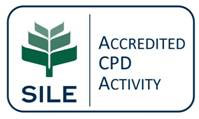 1.5 Public CPD Points
1.5 Public CPD Points
Practice Area: International Law
Training Category: General
Participants who wish to obtain CPD Points are reminded that they must comply strictly with the Attendance Policy set out in the CPD Guidelines. For this activity, this includes signing in on arrival and signing out at the conclusion of the activity in the manner required by the organiser, and not being absent from the entire activity for more than 15 minutes. Participants who do not comply with the Attendance Policy will not be able to obtain CPD Points for attending the activity. Please refer to http://www.sileCPDcentre.sg for more information.
